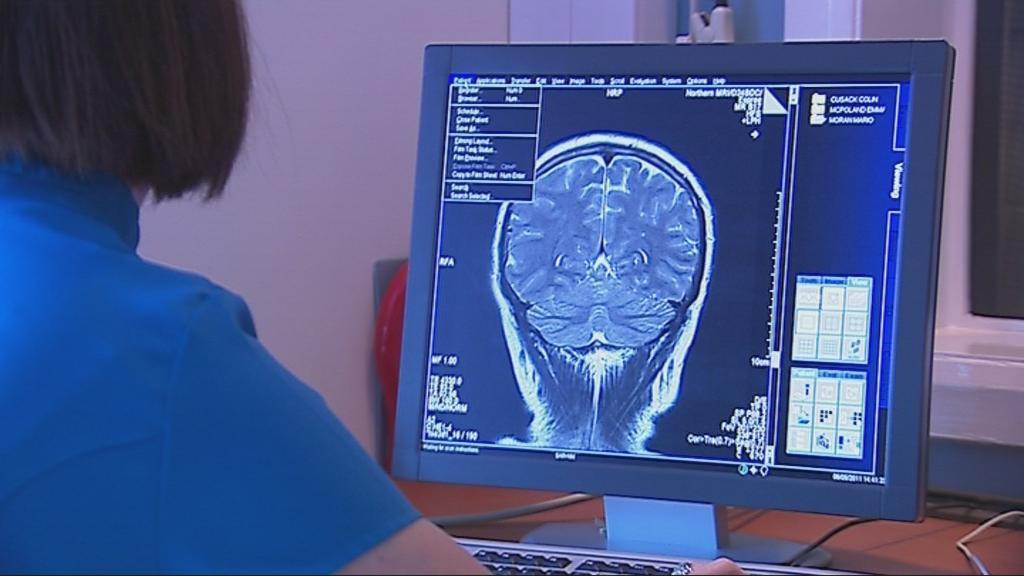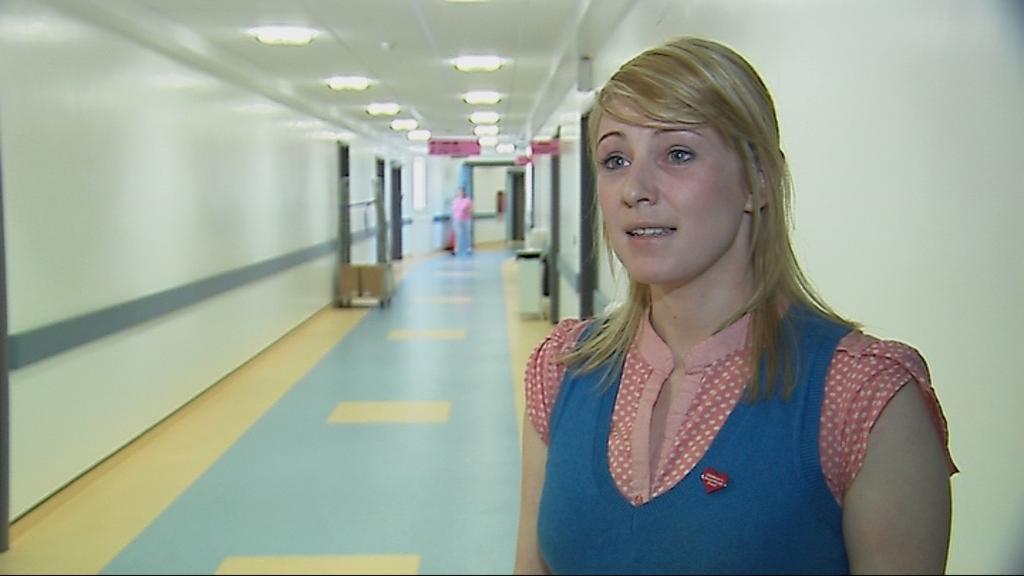AT LEAST £50m of charitable funding raised by the Northern Ireland public is tied up in restricted accounts and cannot be used by cash strapped local health trusts, The Detail can reveal.
The money can come from a range of benefactors including former patients, members of the public as well as from specific charitable campaigns. The majority of the funds are raised for specific issues; however bureaucratic rules which state that the moneys cannot be spent until their full targets have been reached, means millions of pounds are lying dormant.
It is understood that some of the funds have been gathering in accounts for up to 50 years. The Detail has spent several weeks seeking information from Northern Ireland’s Health Trusts. Some were quick to present their figures while others, particularly the Belfast Trust, took some considerable time to release theirs.
With a catchment area of approximately 340,000 citizens the Belfast Trust alone received £1.3m during 2009/10. This is an average of three pounds per person living in the greater Belfast area. With a total of approximately £32m in over all charitable donations, the Belfast Trust holds a substantial amount more than any of the other trusts in over all donations.
In a statement to The Detail the Belfast Trust said:
“The donor decides where they wish to have their donation spent, the donations are then allocated to the relevant fund. Each fund has a set of objectives and nominated signatories, applications for expenditure from the fund will be reviewed by the signatories to ensure that the expenditure request meets the fund objectives.”
The Northern Trust totalled at around £4.8m, with the South Eastern Trust accounting for £6.5m in overall charitable funds. The Western trust held £3.2m, while the Southern Trusts charitable funds balances amounted to £2.7m.
There are three main types of donations in which a trust can receive. For example, The Western Trust held £3.2m in charitable funds as at 31 March 2010. These funds incorporate charitable donations to the Trust and comprise: restricted funds (£2.76m) where money is donated for a specific purpose/service area; unrestricted funds (£285k) where it is not specified by the donor where it should be spent; and endowments funds (£190k) where the donor specifies that the capital is held to generate income for charitable purposes.
A breakdown of the figures from the Trusts show that the funds have been spent on a range of things from building refurbishment and medical research to staff education and welfare. In 2009/10, £279K of donated money in the Northern Trust was allocated to the purchase of new equipment alone. Last August in the South Eastern Trust area, charitable Funds contributed £400k towards the cost of equipment and the refurbishment of the Breast and Endocrine Unit.
Some of the Trust’s guidelines say that where a donation has a value in excess of £10,000 then a budget is allocated for that fund and all expenditure over £50,000 has to be approved by a Charitable Fund Committee or Endowment & Gifts Committees.
The Northern Ireland Council for Voluntary Actions (NICVA) Chief Executive Seamus McAleavey has called on the newly formed Charity Commission to take a look at this issue.
“I think the charity commission could take an interest in what charitable funds are out there for the health service," he said.
“While the health authorities themselves are not charitable bodies, it should be interested in protecting the integrity of the donations it receives.”
He added: “One major restriction when it comes to spending the donated money is that funds donated for a specific piece of equipment or cause, cannot normally be used to buy other things, even if medical experts feel the need is greater for something else.”
The Children’s Heartbeat Trust is currently raising £2m for a children’s MRI scanner at the Children’s hospital in Belfast. Northern Ireland is the only region in the UK that doesn’t have a children’s MRI scanner.
The charity’s spokeswoman Sarah Quinlan believes the public would be shocked that £50m raised for local health trusts is languishing in bank accounts.
“I think people will be surprised to hear that there is nearly £50m tied up, especially when everyone knows about strict budgetary restraints the health service here operates within,” she said.
“The campaign for the MRI scanner is £2m, but when you take away staffing and administration costs the scanner itself come to around £1m, so that’s 50 scanners.
“I suppose one of the central challenges is public trust. Whenever people are giving you money they want to know where it’s going and if it’s making a tangible difference.
“I understand when people make these donations there are certain caveats and understood uses for the donations in which people raise the money. However, there has to be a more efficient way to access and distribute these funds.
“In an ideal world there wouldn’t be a finite health budget and we wouldn’t have to step in and close these gaps but it’s not an ideal world and if we want an MRI scanner, then it is up to the public in certain instances, as the budget simply doesn’t account for it.”
Plans for a charity commission were announced in June 2009, however legislative difficulties in setting up the commission has meant that it has been unable to register any of Northern Irelands 12,000 charities. Of this it’s estimated that up to 5,000 charities are not even registered for tax purposes by the HM Revenue & Customs.
Charity Commission for Northern Ireland (CCNI) Chief Executive Frances McCandless has said the commission could scrutinise whether the millions being held in bank accounts are being properly used.
“As the regulator our interest would be in making sure that when funds are given over that they’re being used for the purpose they’re intended for and that the charities are operating properly,” she said.
“When you look at the millions of pounds that are sitting in charitable trusts attached to health budgets, they aren’t that large in terms of the overall health budgets themselves. Nevertheless it’s important that somebody is scrutinising the funding. The important thing is to make sure it’s accounted for and spent properly.”
The Health and Social Care Board (HSCB), which has ultimate control for Northern Irelands five health trusts, stressed that there are strict safeguards in place in the form of committee’s and fund managers to ensure the expenditure of charitable funds is controlled.
“These monies are not held in isolation, but are deployed through schemes such as investment portfolios and bonds to generate income which is then re-invested into many aspects of health and social care. This enables the funds, by way of example, to invest in services for patients or to provide specialist training and research bursaries for staff,” it said.
 By
By

